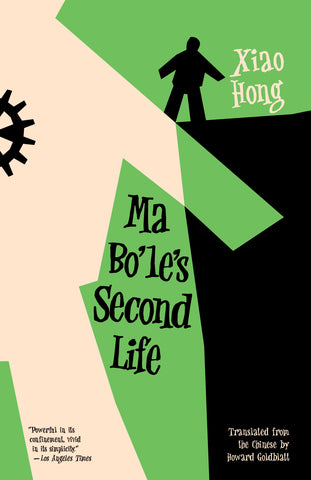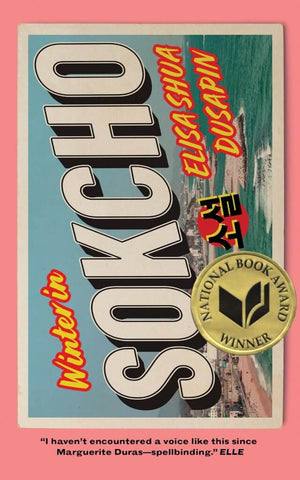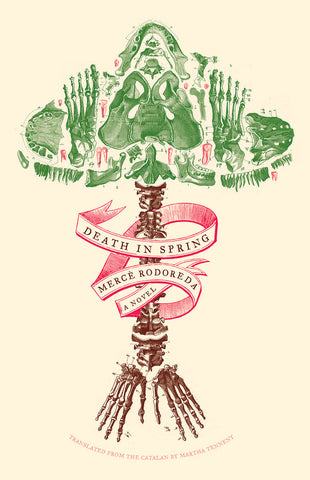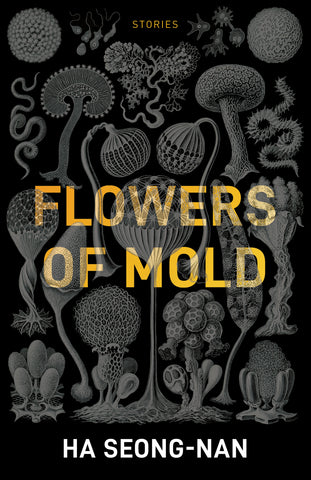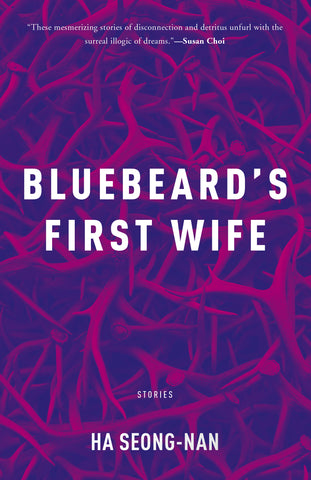Ma Bo'le’s Second Life
$12.99
by Xiao Hong
July 17, 2018
novel | pb | 280 pgs
5.5" x 8.5"
978-1-940953-80-9
“The book is powerful in its confinement, vivid in its simplicity. The prose, at once imagistic, spare and haunting, recalls at moments the melancholy timbre of Jean Rhys.”
—Los Angeles Times
Ma Bo'le’s Second Life is a humorous-yet-stark depiction of the despair of ordinary Chinese people confronted with the sudden onslaught of war and Westernization. It follows the eponymous cowardly layabout as he escapes his unhappy family life by going on the run to avoid the coming Japanese invasion. Just a step ahead of the destruction, bumbling his way from one poorly thought out situation to the next, Ma Bo'le’s comic journey mirrors that of China as a whole during this chaotic period of history.
Incredibly well respected during her short, difficult lifetime, Xiao Hong’s final novel is an undiscovered masterpiece, a philosophical comedy in the vein of Bouvard and Pécuchet, finally available to English readers in Howard Goldblatt’s inventive rendering. (Read an Excerpt)
Translated from the Chinese by Howard Goldblatt
•
About the Author: Xiao Hong (1911-1942) was one of the most important Chinese novelists of the twentieth century. With a literary output covering less than ten years, her impact is still felt today with such novels as The Field of Life and Death, Memories of Mr. Lu Xun, and Tales of Hulan River. She is the subject of the 2014 biopic, The Golden Era.
About the Translator: Over the course of his career, Howard Goldblatt has translated more than sixty works of Chinese literature—including the works of Nobel Prize-winner Mo Yan and Chu T’ien-wen—has won the National Translation Award, and received a Guggenheim Fellowship.
•
“Hsiao Hung [Xiao Hong] created a legacy of eleven books . . . that easily qualify her as one of the major Chinese literary figures of the century. Like Isaac Babel, Hsiao Hung makes no comment, and she doesn’t flinch at such unimaginable cruelty and violence; she makes it seem what it is to the villagers—part of everyday life. The effect is powerful.”
—Kirkus Reviews

